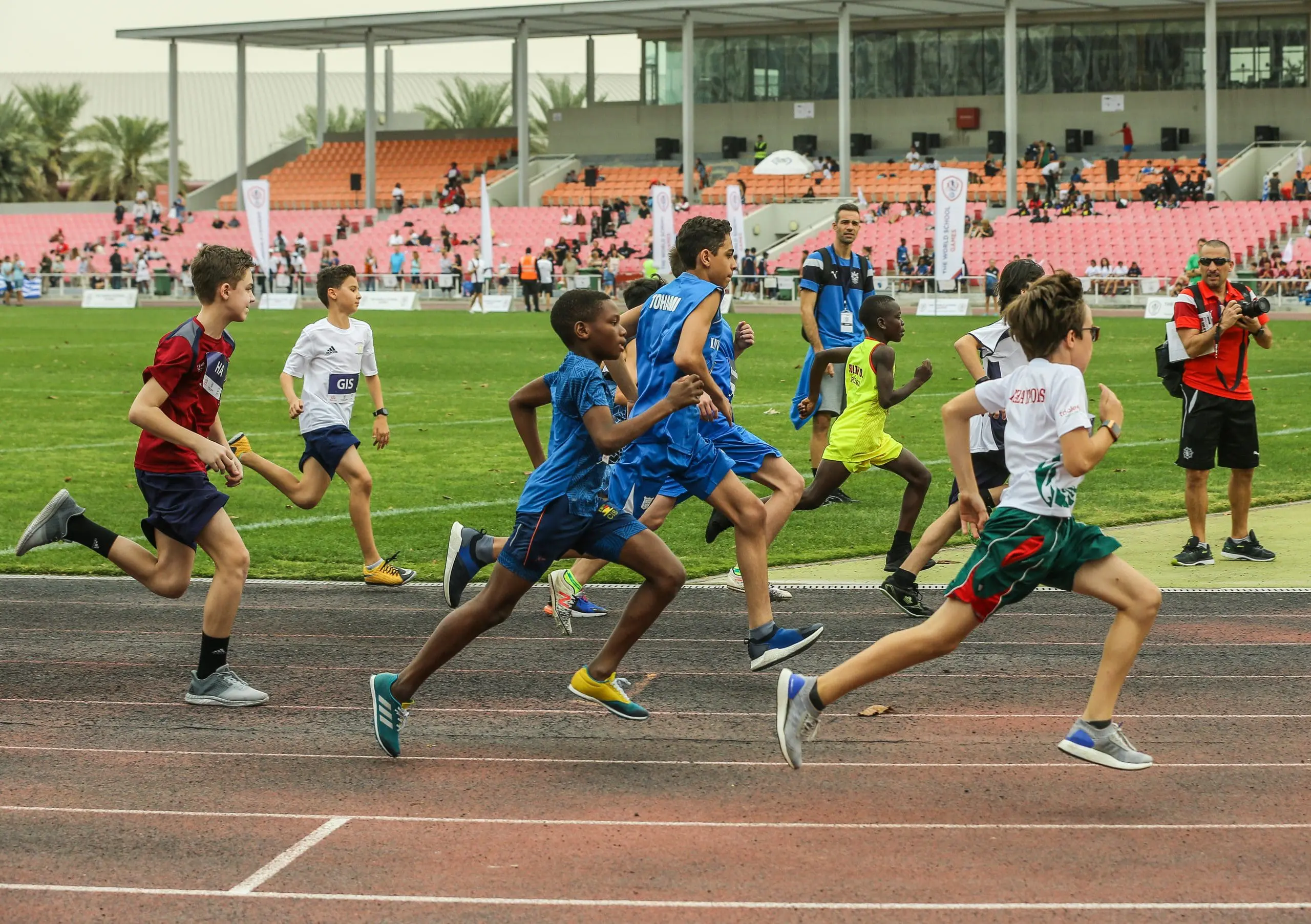Hosting the world’s major sporting events come with a large price tag attached. Some countries are willing to expend millions of pounds each year to hold a tennis or golf Grand Slam or Grand Prix race, while others pump billions into the hosting of an Olympics or World Cup.
Cities rely on some of that money being recuperated when people from all across the region and world descend on a city, first to watch the sporting event, but with spare time allowing them to explore what a city has to offer.
For that reason the sport tourism industry has an estimated value of £610 billion according to a study by Eurosport.
The competitive (and expensive) exercise of bidding for these major events begins the thinking process for fans who start dreaming of a holiday destination based on sport.
The Olympics, Commonwealth Games and World Cups of any sport are major examples of events where fans go into ballots for their preferred matches and events, long before they’ve left their house.
But before any fans have booked their tickets, hotels are already filling up with athletes, coaches and families of players An estimated 10,000 athletes alone need to be housed during the summer Olympics, but this is one of the few events where a Village is built specifically for them.
Aside from the sporting event, the allure of a particular stadium can be enough for some. Cricket fans travel from far and wide for the chance to watch a Test match at Lord’s , while others will travel the same route only to divert at the last moment and head down the road to Old Trafford.
This is in addition to the many who are content to not even see an event, but just to walk around a stadium and bask in the glory of an empty ground steeped in sporting history. Stadiums like Camp Nou receive around 32 million tourists a year, including those attending matches.
But big events put the city on the global stage sparking future tourism occurring long past the events finish date. During each major event images of the country are beamed around the world. This means even the casual sports observer might be drawn to a country–as one is to the French countryside while watching the Tour De France. In addition sporting lovers that have attended are likely to return with glowing reports of where they’ve visited.
Paris is in the ideal position to benefit from tourism when it hosts the 2024 Olympics. As a city used to hosting major sporting events, much of the infrastructure is in place like the Stade De France built for the 1988 World Cup. With less expenditure, money spent from sport tourists is more likely to go directly into the local economy.
Fond memories alongside the ability to say ‘I was there’ during the world’s greatest sporting events will continue to be a driver as the event tourism industry builds up again.
But it’s not just the Olympics that draw spectators from around the globe. Tourism based on sport participation continues to grow and just as many people are looking forward to travelling with their team or school again.

Events like the popular World School Games Event Series bring more than 200 schools and their supporters together across the year at tournaments in the UAE, UK and Spain.
Again these events make a beneficial impact on the economy as many participants are making a trip to a new country and ready to explore beyond their hotel and visit the attractions on offer.
When stadium capacity is increased for major events, this paves the way for young athletes to return to large-scale competition and have their family and school mates cheering them on.




